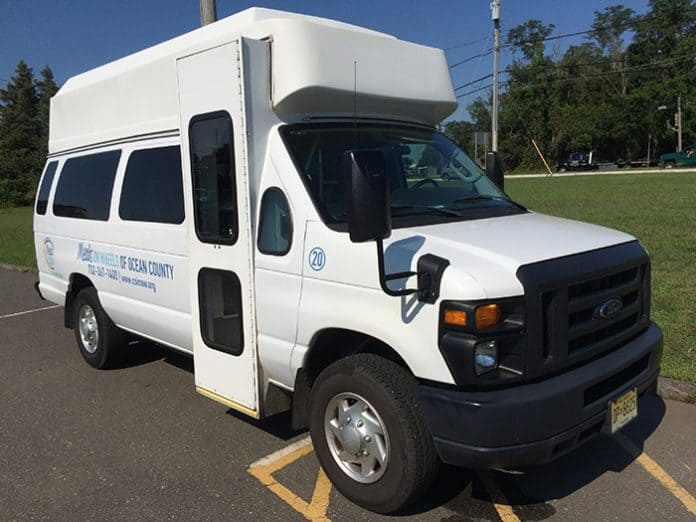
BERKELEY – In an era where food insecurity is a growing problem, Meals on Wheels is facing severe cuts and local officials are offering their support.
The House Appropriations Committee bill for Fiscal Year 2025 cut funding for home-delivered and congregate nutrition programs by $37 million on top of an $8 million cut made in April.
There are more than 5,000 community-based senior nutrition programs impacted by this, but locally, Meals on Wheels is likely the most active.
“The House Appropriations bill falls drastically short of the federal funding needed to continue to provide the critical supports seniors depend on for lifesaving services,” said a joint statement from Ellie Hollander, President and CEO of Meals on Wheels America and Bob Blancato, Executive Director of National Association of Nutrition and Aging Services Programs. “Our programs have been doing their best to serve seniors in need while experiencing consistently high demand for services, a rapidly increasing senior population, exceedingly high operational costs and growing waitlists.
“The reality on the ground is that this will only intensify should these cuts prevail. We implore the full House and the Senate to reject these cuts and support older adults by increasing funding to allow programs to do what they have done for over fifty years: provide critical meals and social connection to enable the health and well-being of older adults who rely on these programs,” they said.
Berkeley Township Councilman Michael Signorile asked the governing body to submit a resolution to Congress in support of Meals on Wheels and the work they do. The rest of the council quickly agreed.
“There are 140 people on a waiting list” to be served by Meals on Wheels and the list is constantly growing, he said.
“Some of these meals are the only meals some of these seniors are getting in a day,” Councilman James Byrnes said.
Councilwoman Sophia Gingrich, who often promotes the food bank being held once a month in the senior communities, said if a senior is unable to drive, they also can’t go grocery shopping on their own.
In addition to fresh meals, the person dropping off food is sometimes the only person a shut-in might see, officials have said. The delivery person provides more than nourishment; they provide social interaction. They are also able to check if there is something wrong in the house and if that person needs to be referred to other services.







